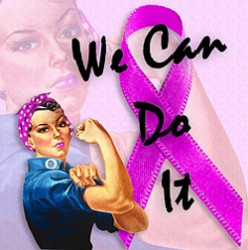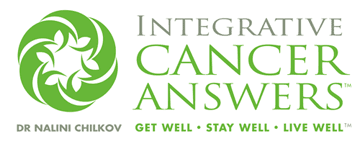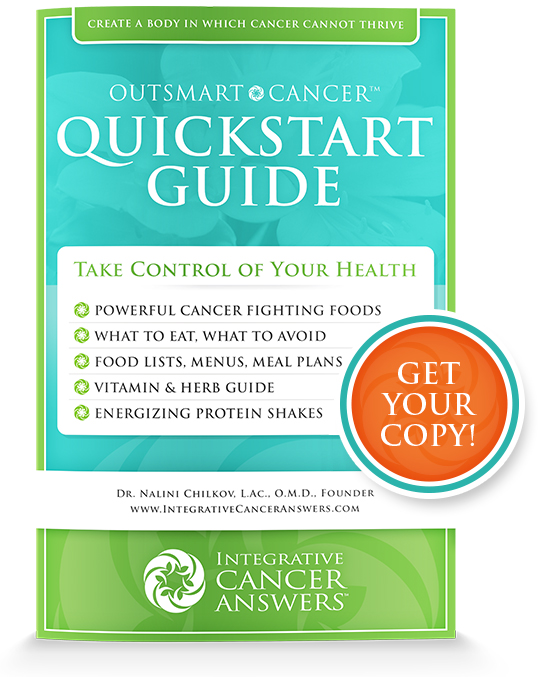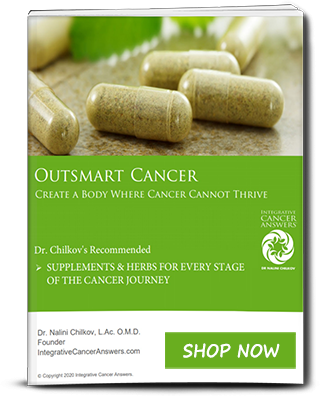
How will we get a national cancer prevention plan in the United States? Only by demanding one.
This is the statement of Dr. Margaret Kripke and the Breast Cancer Fund. Here is the text of the article that appeared on their insideprevention.org site. It asks all of us to partipate the solution which includes demanding that chemicals be regulated, demanding that cancer prevention take precedence over the War on Cancer with drugs and demanding tax and research dollars be devoted to cancer prevention and environmental protections so that we do not keep poisoning our world, our bodies and endangering the health of our children and our grandchildren.That was Dr. Margaret Kripke’s take-home message last night at a San Francisco event co-sponsored by the Breast Cancer Fund. Dr. Kripke is a member of the President’s Cancer Panel and co-author of the Panel’s groundbreaking report, Reducing Environmental Cancer Risk: What We Can Do Now.
“Nicholas Kristof of the New York Timessaid the report calls on America to rethink the way we confront cancer, including much more rigorous regulation of chemicals.” In a Huffington Post piece, Breast Cancer Fund President Jeanne Rizzo wrote that the report offers “a historic opportunity to change the course of the war on cancer so that, in the face of the large and growing body of scientific evidence that already exists linking environmental exposures to cancer, our nation acts rather than waits for more evidence of harm.”
And last night, we heard from Dr. Kripke herself. She said that existing chemical regulations do not protect public health. She pointed out that many known cancer-causing chemicals are still unregulated. She lamented the fact that less than 2 percent of the 80,000 chemicals in commercial use have even been tested for their cancer-causing abilities. And she said that the estimates of environmentally-induced cancers are grossly underestimated.
What do we do about this bleak situation? Dr. Kripke said the United States needs to move from a reactionary approach to chemical management—one in which a chemical in commerce is assumed safe until proven harmful—to a precautionary approach, where industry must prove a chemical is safe before it hits the marketplace. She called for a comprehensive cancer prevention plan, and said that the best—perhaps the only—way we will get this national commitment to cancer prevention is by demanding it.
Dr. Kripke has challenged us. What will we do to tell our elected officials to prioritize cancer prevention? What will we do to demand more research into the environmental causes of cancer? What will we do to demand that our government protects us and ensures that the products we use, the air we breathe, the water we drink are free of toxic chemicals?
As Jeanne Rizzo told the audience after Dr. Kripke’s remarks, each of us should find the place that stirs our passion, that is meaningful to us, our family, our community, and get involved. One obvious place to start: Subscribe to the Breast Cancer Fund’s e-mail list and join us on Facebook.
You may also like:
Ten Toxins You Can Remove From Your Home Now
Cancer Causing Chemicals: Dangerous Exposures Every Day
Cancer Causing Cosmetics: Poisons in Your Bathroom
Environmental Working Group
Cosmetics Safety Database













As Seen On: